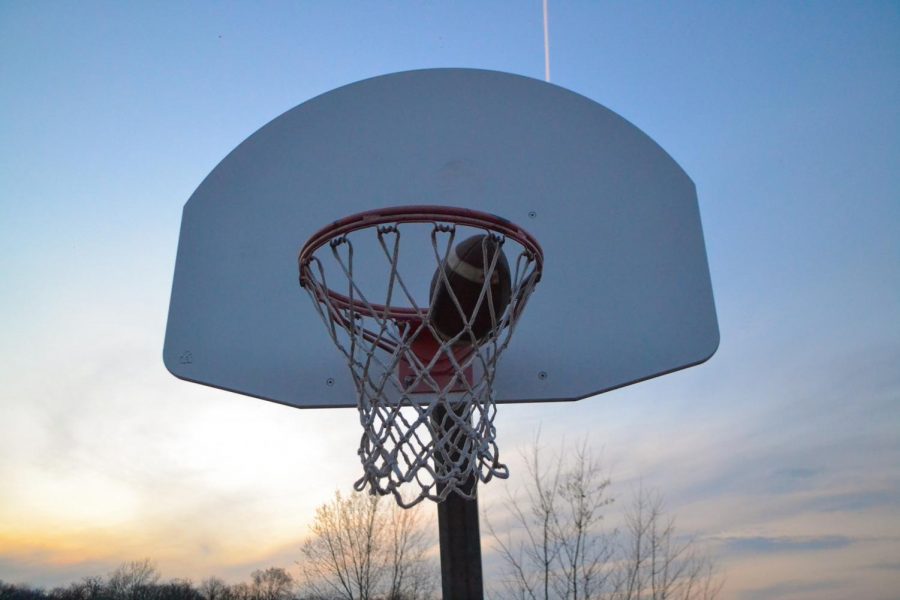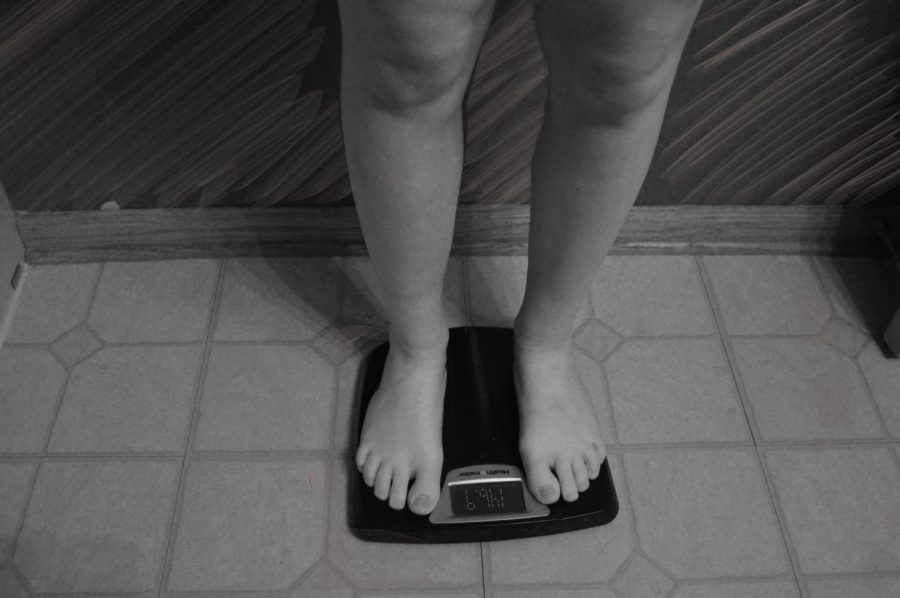One thing that I really enjoy doing is playing sports and participating in activities, but with school taking so much of my time, playing sports and participating in activities is difficult to achieve. Juggling many activities at once is hard for many people. Students, who have less experience doing this than adults, have an even harder time juggling solid schoolwork with the demands of playing a sport.
School-sponsored sports are categorized as a “fun time” with friends; a way to relieve stress and socialize. Although high school sports are more relaxed than club sports, they take up more time than club sports and activities. A typical high school sport requires practice a minimum of five days a week with games mixed in. With all the activity involved with being a student athlete, it is very challenging for me to manage my time.
With the rigor of seven or eight academic classes and hours each week dedicated to a sport, I have difficulty finding time during the day to do anything else. I sleep eight hours on average, attend school for another eight hours and practice or have a match for three hours. The time I have left leaves just five hours for traveling back and forth, homework, eating meals and spending time with family and friends. In order to be successful in all of my activities, I have to become skilled at time management, but that is a skill that only comes with a lot of practice and occasional failure.
One area in which I first start to suffer is in my grades. All student athletes struggle at one point or another with not having enough time to complete their homework or study for an exam. Teachers become frustrated and sometimes assume that a student is not putting in enough effort or needs to shift their priorities. However, it is usually not that simple. Depending on the makeup of their sports schedule, students may simply not have enough hours in the day to get things done, and typically they are getting pressure from both the teacher and their coach to put in the time to succeed. For this reason, I often feel conflicted. Some weeks, there may be no easy way to succeed at both my studies and my sport.
I also face the challenge of getting enough sleep. I must become a good time manager to get all of my tasks done and ensure that I get enough sleep to succeed the next day. It is important for me to get upwards of eight hours of sleep each night, considering how much I endure during the daytime. If I do not get enough sleep to refuel my body, then I am unable to perform well in the classroom or on the field. Unfortunately, sometimes this means that I am forced to assess what I am doing close to bedtime and decide that it is good enough, prioritizing sleep over polishing off a paper or studying one more chapter.
Similarly, family time is a suitable way to relieve pressure from me, but there may not be time to spare. Athletes who live in the same home as their families have a bit easier time; athletes with split families or extended families may have a harder time catching up and maintaining family relationships. When I am struggling, one of the best remedies is to spend time with the people who I know best and can give me the support I need. I say that family will always have your back. Due to the high demands of my education and sport, I lack the time management skills to prioritize family time, and it is taken for granted.
Every week I look forward to the weekend to relax and rejuvenate. I look forward to it because if I am not traveling for a tournament, I may have more time at home with just a game or practice and time to catch up on homework and sleep. Occasionally, I may also find myself with time to hang out with their friends and family, which is very important for my mental health. All people—not just student-athletes—tend to be more successful when they have breaks from their weekly work. While I do not always get two days off each weekend, I generally get a little more time to catch up and plan, which is good for my well-being.
The student-athlete path is not for everyone. Some people choose not to play sports because they treasure their free time. Student-athletes, more times than not, do not have enough time to hang out with friends, play video games or even watch TV. It is tough for student-athletes to gain enough free time to do the things they enjoy outside of their sport. For student-athletes, it is important to stay focused on their goal and not get caught up in hanging out with their friends or going to parties.
In evaluating the student athlete’s life, it seems evident that you have to learn how to prioritize your activities and manage your time to be successful. You need to be responsible and own your outcomes, both in the classroom and on the field. What may not be as obvious is that it takes more than time management to do it all well: it takes a good attitude. The student-athlete must learn to be flexible, do their best and forgive themselves when things do not go as planned. The student athlete path is not easy, but the lessons you learn can serve you for life. The student-athlete life has truly benefited me in many ways, and I would not trade it for anything.














